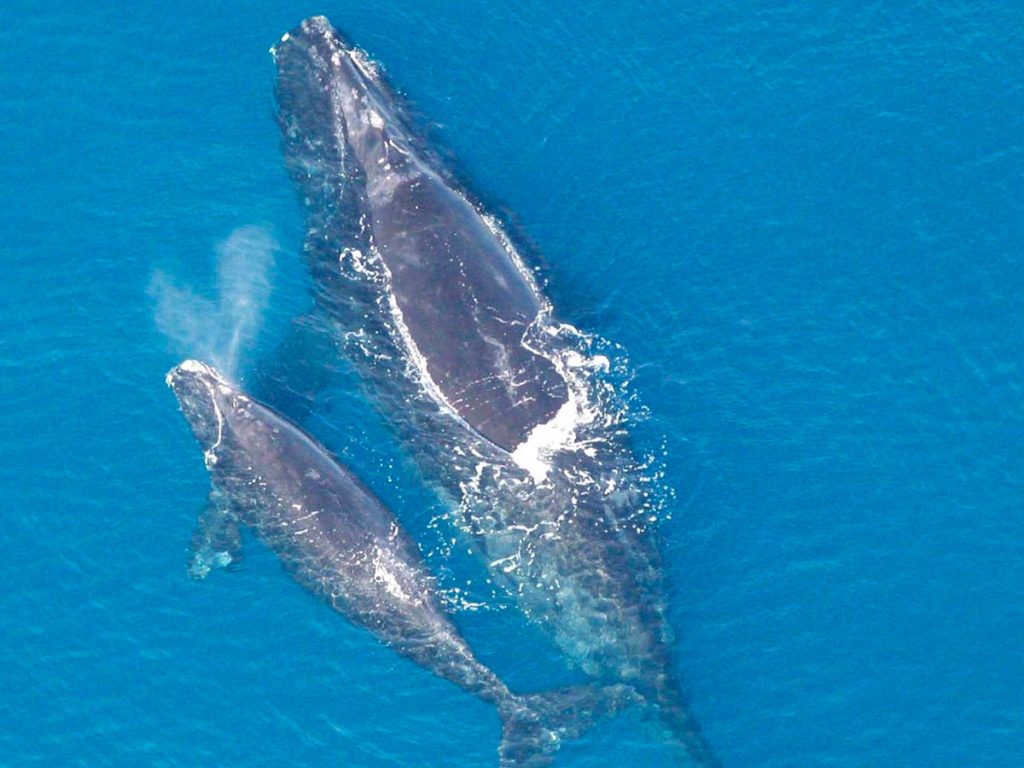
The future effects of climate change on oceans and marine ecosystems are more widespread and far-reaching than one might think. A recent study investigated the potential impact of global warming on underwater sound propagation and provided a first estimate of the variations in ocean sound speed related to future climate at global scale.
The study, published in the international journal Earth’s Future of the American Geophysical Union – AGU, was carried out by a team that included researchers at the National Institute of Oceanography and Applied Geophysics (OGS).
But how much does noise generated and transmitted in the oceans affect ecosystems? Contrary to what one might think, the oceans are pretty noisy environments: in addition to the sounds emitted by marine organisms to move and communicate with each other, there are also sounds related to natural phenomena such as waves or ice breaking, and, to an increasing extent, noise generated by humans, for example due to ship traffic and mining activities.
The study showed that climate change might significantly alter how sounds propagate in the oceans by accelerating the speed of sound underwater and accentuating human-generated noise. This scenario might have an impact on the marine ecosystem.
In particular, the team of researchers identified the ocean “acoustic” hotspots where marine ecosystems might undergo substantial changes. Analyses were carried out at 50 and 500 m depth.
According to the study’s projections, the major impact would occur in two important areas: the Greenland Sea and the north-western Atlantic Ocean, east of Newfoundland. In a “no mitigation” scenario, climate model data indicate a general increase in the average speed of sound by the end of the century on a global scale. In particular, the speed is likely to increase by more than 1.5%, or approximately 25 metres per second, both in surface waters and at 500 m depths in the two most affected areas.
“The projections show that the major impact is expected in the Arctic, where we know already there is amplification of the effects of climate change now,” explained Stefano Salon, OGS researcher, who added: “This will not happen in all the Arctic, but in one specific part where the signal of climate change, according to the model projections, is greater and exceeds the uncertainty of the model itself.”
In addition to the two hotspots where the impact is expected to be significant, the study found a 1% increase in sound speed, or more than 15 metres per second, at 50 m in the Barents Sea, north-western Pacific, and in the Southern Ocean.
As Alice Affatati, a bioacoustics and underwater noise researcher at Memorial University of Newfoundland and Labrador (Canada), pointed out: “Changes in the speed of sound have a major impact and can affect the ability of marine organisms to feed, communicate, find mates, avoid predators.” In particular, the research team applied the projection of sound propagation variation to a specific marine organism: the North Atlantic right whale (Eubalaena glacialis), an endangered species found in both North Atlantic acoustic hotspots. The results show that the typical vocalization at 50 Hertz of these whales is likely to propagate farther in a warmer future ocean. “We chose one megafauna species, but many organisms living in the ocean are affected by sound propagation. All these hotspots are, in fact, areas of great biodiversity,” Affatati added.
The next step will be to extend the study and compare projections of sound speed variations with other anthropogenic impacts in order to identify new areas at risk and develop monitoring projects.

